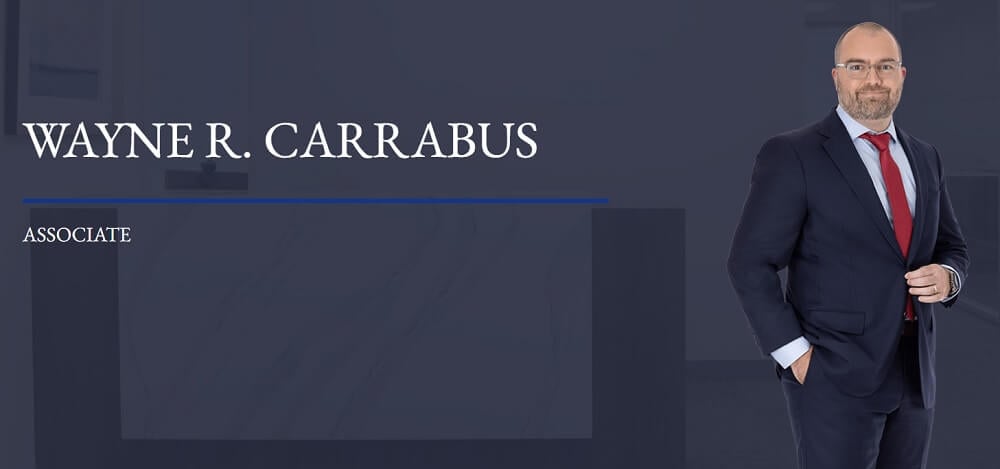One topic of estate planning that we spend considerable time discussing with our clients is the succession of ownership of the client’s assets. It should not come as a surprise that almost all our clients want their assets to be passed on to their loved ones. In most cases, it is the older generations (grandparents and parents) who wish to pass the assets they spent their lives accumulating, to the younger generations (children and grandchildren).
When it comes to assets passing from one person to another through an estate plan, there are two main ways in which the transfers are effectuated: (1) by gift, or (2) by inheritance. There are many things to consider when contemplating the method of transfer, gifting vs inheriting, but the impact of potential capital gains tax obligations should be at the top of the list.
Capital gains are calculated by comparing the cost basis of an asset, to the price at which the asset is sold. When one person buys the asset and then sells it, it is easy to figure out if there is a capital gain. For example, if Person A buys a home for $50,000.00 (the cost basis), and then sells the home for $200,000.00, there is a capital gain of $150,000.00 ($200,000.00 sale price minus $50,000.00 cost basis).
What if Person A transfers the home to Person B, and Person B then sells the home? What is Person B’s cost basis in the home? The answer depends on whether the home was acquired by Person B through gift or inheritance.
Scenario 1: Gift
With a gift, the donee keeps the donor’s basis. So, if Person A has a cost basis in the home of $50,000.00, and Person A gifts the home to Person B during his or her life, Person B’s cost basis would be $50,000.00.
Scenario 2: Inherit
With inheritance, the person inheriting gets a step-up in cost basis, which is the fair market value on the date of the decedent’s death. So, if the home is worth $200,000.00 on the date of Person A’s death, and Person B inherits the home from Person A’s estate, Person B’s cost basis in the home would be stepped-up to $200,000.00.
If Person B decides to sell the home, the capital gains calculation works out quite differently for the two scenarios above. Let’s assume Person B decides to sell the home for $200,000.00. Under Scenario 1 (Gifting), Person B would have a capital gain of $150,000.00 ($200,000.00 sale price minus $50,000.00 cost basis). Under Scenario 2 (Inheritance), Person B would have no capital gain ($200,000.00 sale price minus $200,000.00 cost basis). Clearly, in this simple case, the inheritance scenario puts Person B in a better position financially, as compared to the gifting scenario.
Although inheriting is generally more favourable from a capital gains perspective, there may be other considerations that make gifting an asset the right choice in a particular case. If you are interested in better understanding estate planning options that address your concerns, which may include minimizing or eliminating capital gains taxes for your heirs, you should consult with an experienced Estate Planning Attorney.
By Wayne R. Carrabus, C.P.A., Esq., at Futterman, Lanza & Pasculli, LLP with offices in Smithtown, Bay Shore and Garden City, NY, and clients throughout metro New York. He concentrates his practice on Elder Law, Medicaid Planning, Medicaid Applications, Estate Planning, Probate and Estate Administration and Estate Taxes.


